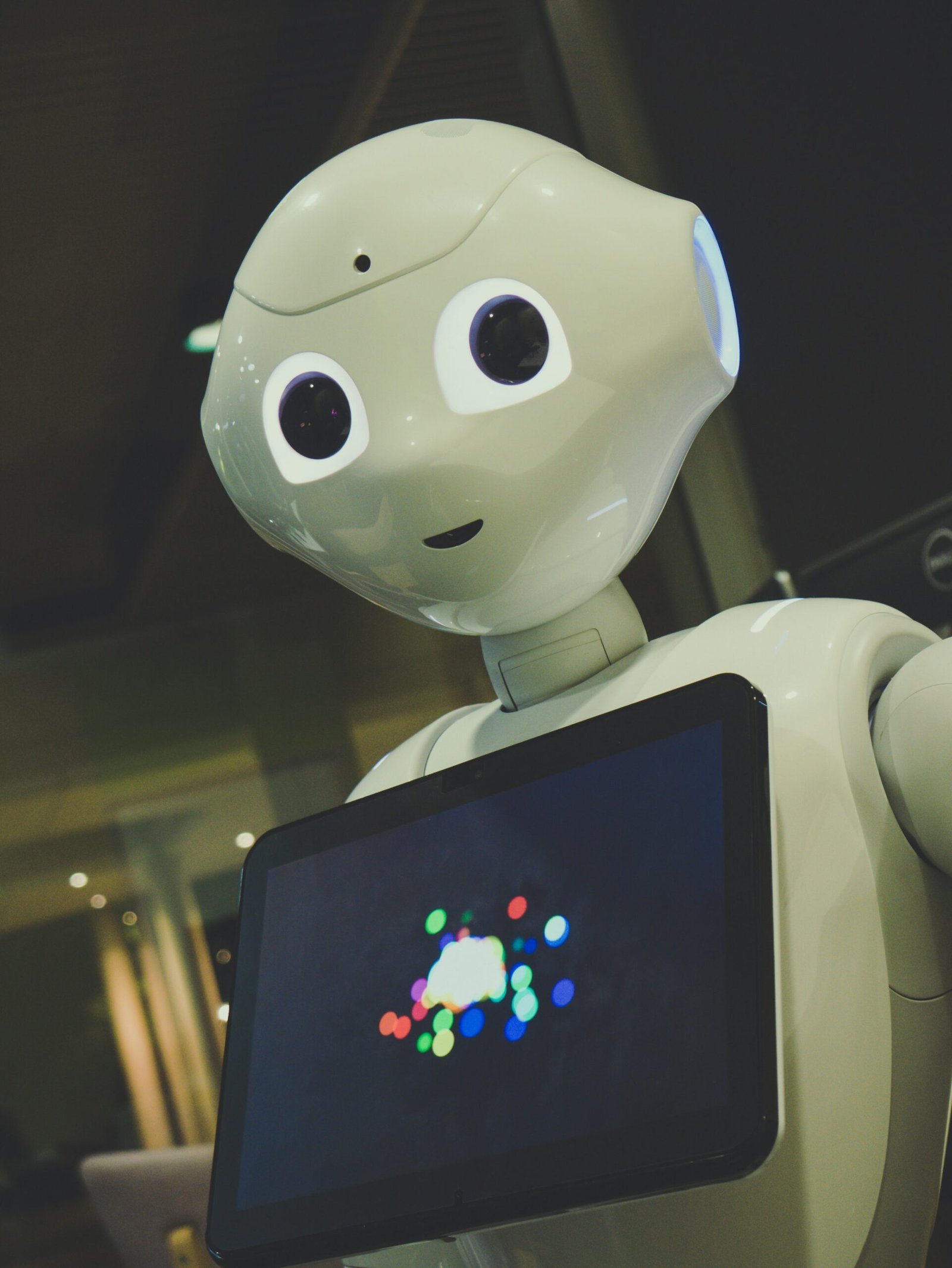The Importance of Artificial Intelligence in Human Life
Artificial Intelligence (AI) has become an integral part of our daily lives, revolutionizing the way we work, communicate, and even entertain ourselves. From voice assistants like Siri and Alexa to self-driving cars and personalized recommendations, AI has made significant advancements that have had a profound impact on various aspects of human life. In this article, we will explore the importance of AI and how it has transformed our world.
Enhancing Efficiency and Productivity
One of the key benefits of AI is its ability to enhance efficiency and productivity across different industries. AI-powered systems can automate repetitive tasks, allowing humans to focus on more complex and creative endeavors. For example, in manufacturing, robots equipped with AI algorithms can perform tasks with precision and speed, leading to increased productivity and reduced errors.
Moreover, AI has also revolutionized customer service by providing chatbots that can handle customer queries and provide instant support. These AI-powered chatbots can efficiently handle a large volume of queries, freeing up human agents to handle more complex issues. This not only improves customer satisfaction but also reduces response times and costs for businesses.
Improving Healthcare and Medicine
AI has made significant advancements in the field of healthcare and medicine, transforming the way diseases are diagnosed, treated, and managed. AI algorithms can analyze vast amounts of medical data, including patient records, research papers, and clinical trials, to identify patterns and make accurate predictions.
This ability to analyze data has led to breakthroughs in early disease detection, personalized medicine, and drug discovery. AI-powered systems can analyze medical images, such as X-rays and MRIs, to detect abnormalities and assist doctors in making accurate diagnoses. Additionally, AI algorithms can predict patient outcomes and suggest personalized treatment plans based on individual characteristics and medical history.
Enabling Smart Cities and Sustainable Development
AI plays a crucial role in enabling the development of smart cities, where technology is used to improve the quality of life for its residents while ensuring sustainable development. AI-powered systems can optimize energy consumption, reduce traffic congestion, and improve public safety.
For example, AI algorithms can analyze data from sensors placed throughout a city to optimize traffic flow, reducing congestion and improving transportation efficiency. Additionally, AI can help in predicting and managing environmental risks, such as air pollution and natural disasters, by analyzing data from various sources and providing real-time insights.
Conclusion
Artificial Intelligence has become an indispensable part of our lives, offering numerous benefits and transforming various industries. From enhancing efficiency and productivity to revolutionizing healthcare and enabling smart cities, AI has the potential to shape a better future for humanity. However, it is important to ensure that AI is developed and used ethically, with proper regulations and safeguards in place to address any potential risks. As AI continues to advance, it is crucial for us to embrace its potential while being mindful of its impact on society.

